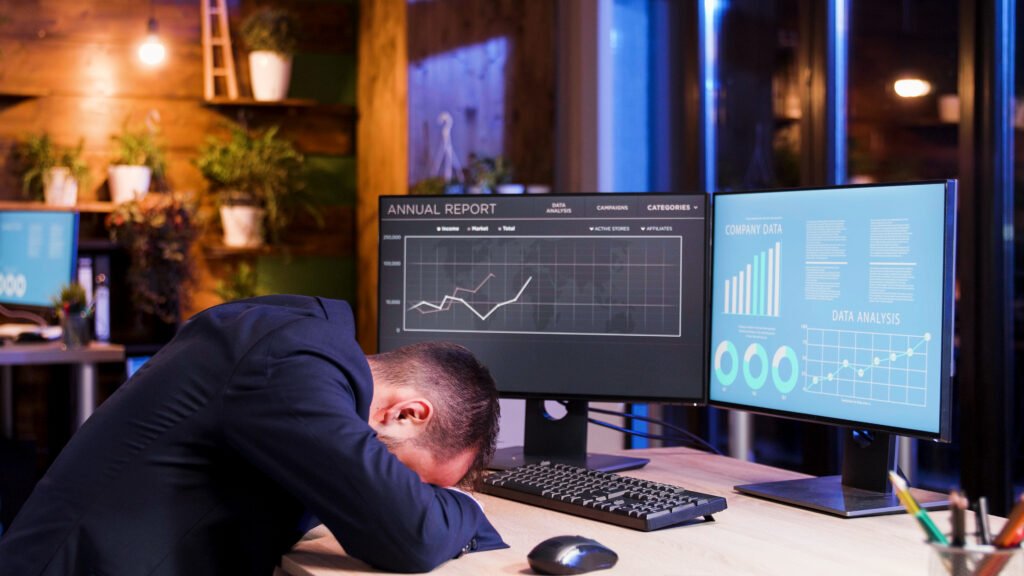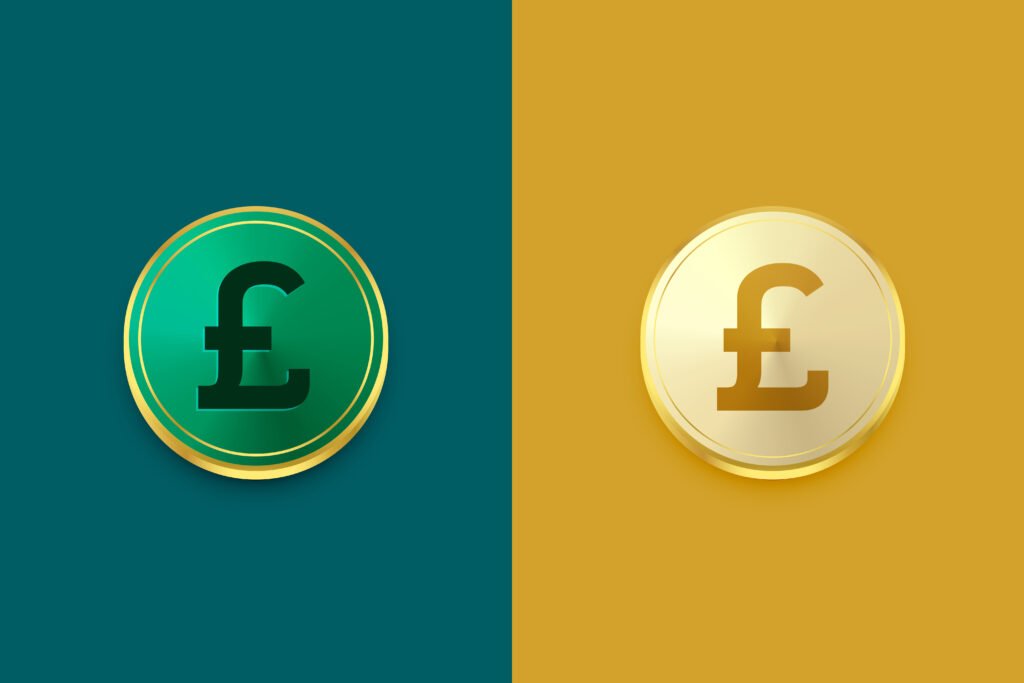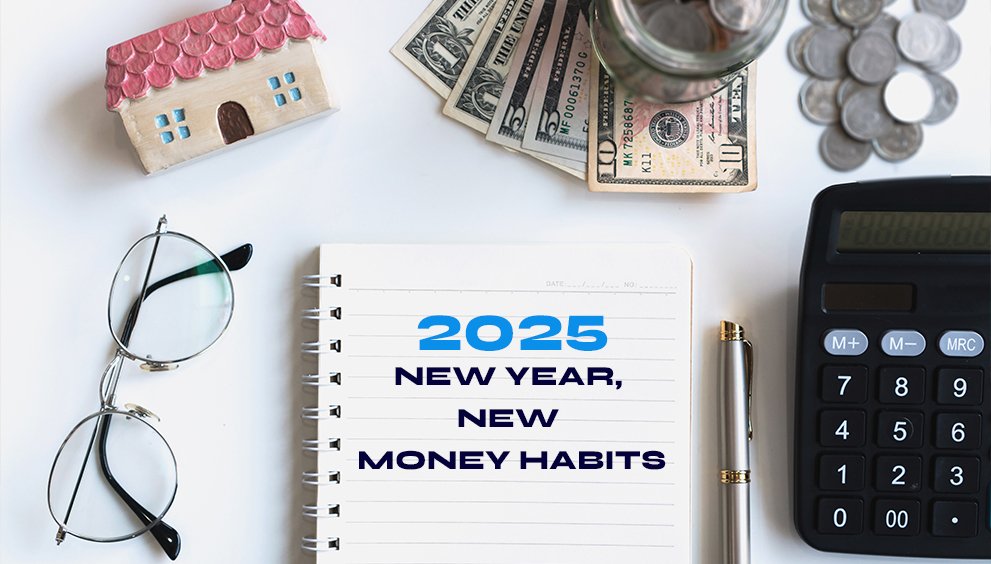How Should You Be Budgeting in 2025?

The new year and budgeting resolution go hand in hand as part of resolutions or a disciplinary act. But, let’s be honest—budgeting might not be the most thrilling activity out there, but it can be one of the most powerful steps that you can take towards taking charge of your life. Using the much-needed creativity and the right mindset, budgeting can become your secret weapon for achieving the financial freedom you dream of in 2025. Let’s explore how to make it work for you, step by step.
1. Understand Your Money Story
Have you ever wondered where your money goes the moment it arrives? You’re not alone! The first step to effective budgeting is understanding where your cash flows are. Think of it as creating a clearer picture of your spending habits and making sense of it all!
How to Start:
- Gather your receipts or open your banking app to review recent transactions.
- Divide your spending into two categories:
- Needs: Essentials like rent, bills, groceries, and transport.
- Wants: Treats like coffee shop visits, streaming services, or dining out.
Pro Tip: Use budgeting apps like Emma or Money Dashboard. These tools categorise your spending automatically and provide insights with handy charts to make the process easier.
By the end of this step, you’ll know whether your money is working for you—or sneaking off without permission.
2. Focus on Prioritising Your Financial Goals
Having a clear idea about your financial goals in 2025 acts as a compass for your budget. Think about it: What do you want to do this year? If you wish to pay off debt, save for a dream holiday, or invest in your future, aligning your spending with your goals is crucial. Also, learn to differentiate your short-term, medium-term, and long-term financial goals. For example, planning a trip is a short-term goal, while buying a car is long-term.
Practical Steps:
- Start by jotting down your top three financial goals for which you want to start working this year.
- Now, break down those goals into small and manageable milestones to achieve.
- Once you have a clear idea about how much money you need to save, allot specific amounts in your budget towards these goals every month.
For example, If you want to save £6,000 for a house deposit in two years, set a target to save £250 per month. Seeing your progress will keep you motivated.
3. Build a Safety Net
Consider your emergency fund a cosy financial cushion, ready to catch you when unexpected expenses like car repairs or medical bills pop up. While experts recommend saving 3–6 months’ worth of living expenses, don’t worry—starting small is absolutely okay.
Steps to Build Your Fund:
- Consider opening a new account with limited means to access it so you can avoid the unwavering temptation to use that money.
- You can also use an automated transfer facility, which deducts a manageable amount, like £50.
- Celebrate milestones, whether it’s £500 or £5,000, as Every pound you save brings you closer to inner peace. Just remember not to blow your emergency fund while celebratingOutsmart
4. Rising Costs
Inflation is an unavoidable reality that you and your budget can not ignore! But you can curb it by using different techniques, such as seeking ways to increase your income, adjusting your spending habits, and exploring investment opportunities. Understanding these options can reduce inflation’s strain on your financial well-being.
- Shop strategically: Try using cashback apps, check out different prices, and consider buying in bulk to maximise your savings essentials.
- Review subscriptions: Do you need multiple streaming services? You can get a family subscription or use applications that offer various services for a single payment.
- DIY when possible: That fancy latte? Make it at home and save a fortune over time. You can save money with DIY gifting options or even home decor.
Challenge Yourself: Why not choose one spending category to cut back on this month? You can then direct those savings toward achieving your financial goals! Remember, even small changes can make a difference!
5. Use Tech to Stay on Track
In a digitised world, budgeting is an easier task! You can use different tools to manage, automate and allocate the funds. Not only that, but you can also use different reminders and applications to track subscriptions or unrequired services.
- YNAB (You Need A Budget): Helps you assign every pound a purpose and plan.
- Emma: Tracks expenses, highlights subscriptions, and categorises spending automatically.
- Plum: Automates savings by analysing your habits and rounding up transactions.
Pro Tip: Give an app a go for a month and watch how it can boost your awareness of your finances! With real-time notifications and goal trackers, budgeting can feel much more rewarding and enjoyable.
6. Prepare for Irregular Costs
Irregular expenses like holidays, car repairs, or birthdays can derail your budget if you are unprepared. These unexpected costs can disrupt your financial planning and cause stress. To prevent this, save a little each month. Setting aside funds for these expenses allows you to cushion your budget and be ready for life’s surprises without compromising your financial stability. Consider creating a savings plan or a separate account to control your finances and avoid unanticipated pitfalls.
How to Prepare:
- Make a list of irregular expenses for the year.
- Divide the total by 12 and save that amount monthly.
- Example: If Christmas costs £600, set aside £50 per month.
Your future self will thank you for your foresight!
7. Tackle Debt Effectively
Debt can feel overwhelming, but instead of focusing on quick wins or interest rates alone, aim to manage it sustainably while balancing other goals. Start by understanding your complete debt picture—how much you owe, to whom, and the interest rates involved.
Steps for Success:
- Consolidate debts where possible to simplify payments.
- Prioritise making minimum payments on all debts to avoid penalties.
- Allocate extra funds strategically: focus on high-interest debts first if you want to save money or smaller debts if clearing balances motivates you.
Key Reminder: Dealing with debt is more like a marathon than a sprint, and that’s totally okay! It’s important to celebrate those smaller victories on your journey, like paying off a credit card or making a big dent in your loan balance. Every little achievement counts!
8. Check In Regularly
A budget deserves regular attention. Stay proactive by scheduling monthly reviews to track progress and celebrate even minor achievements. These check-ins help you evaluate spending habits, reassess goals, and adapt your budget to changing needs. By actively managing your budget, you ensure it stays aligned with your financial aspirations and supports your effective achievement of them.
Ask Yourself:
- Are you sticking to your plan?
- Did any unexpected expenses come up?
- Do your categories need tweaking?
Imagine this as a friendly financial health check-up to help everything run smoothly!
9. Dream Big and Budget Bigger
Your budget is key to achieving dreams and controlling your financial future. Consider your aspirations: do you want to buy a home, travel the world, or start a side hustle? Managing your budget effectively helps you realise these dreams. Save a portion of your income, prioritise expenses, and explore investments that align with your goals. Make your dreams a key part of your financial plan step.
Example: Saving £12,000 for a house deposit in three years means setting aside £333 a month. Breaking it into smaller steps makes big goals feel achievable.
10. Celebrate Your Wins
Budgeting isn’t just about deprivation; it’s about gaining control of your financial future and making fulfilling choices. Celebrate milestones like paying off debt or saving £1,000. Treat yourself (within budget!) and reflect on your progress towards financial well-being. Acknowledge the dedication that has built a foundation for your future success.
Final Thoughts
Budgeting in 2025 doesn’t have to feel overwhelming; it can be empowering. It’s an opportunity to take control of your finances and align your life with your values. Rather than seeing budgeting as a chore, view it as a way to achieve your financial goals and improve your well-being. Start small with achievable objectives, like tracking daily expenses or saving a set amount weekly. Stay consistent; it builds momentum, making budgeting easier. Adjust your strategies as needed because life and your plans are dynamic.
Make 2025 your most financially confident year! Embrace the journey, celebrate milestones, and remember that each small step contributes to your financial empowerment and security.


 English
English 





































































































